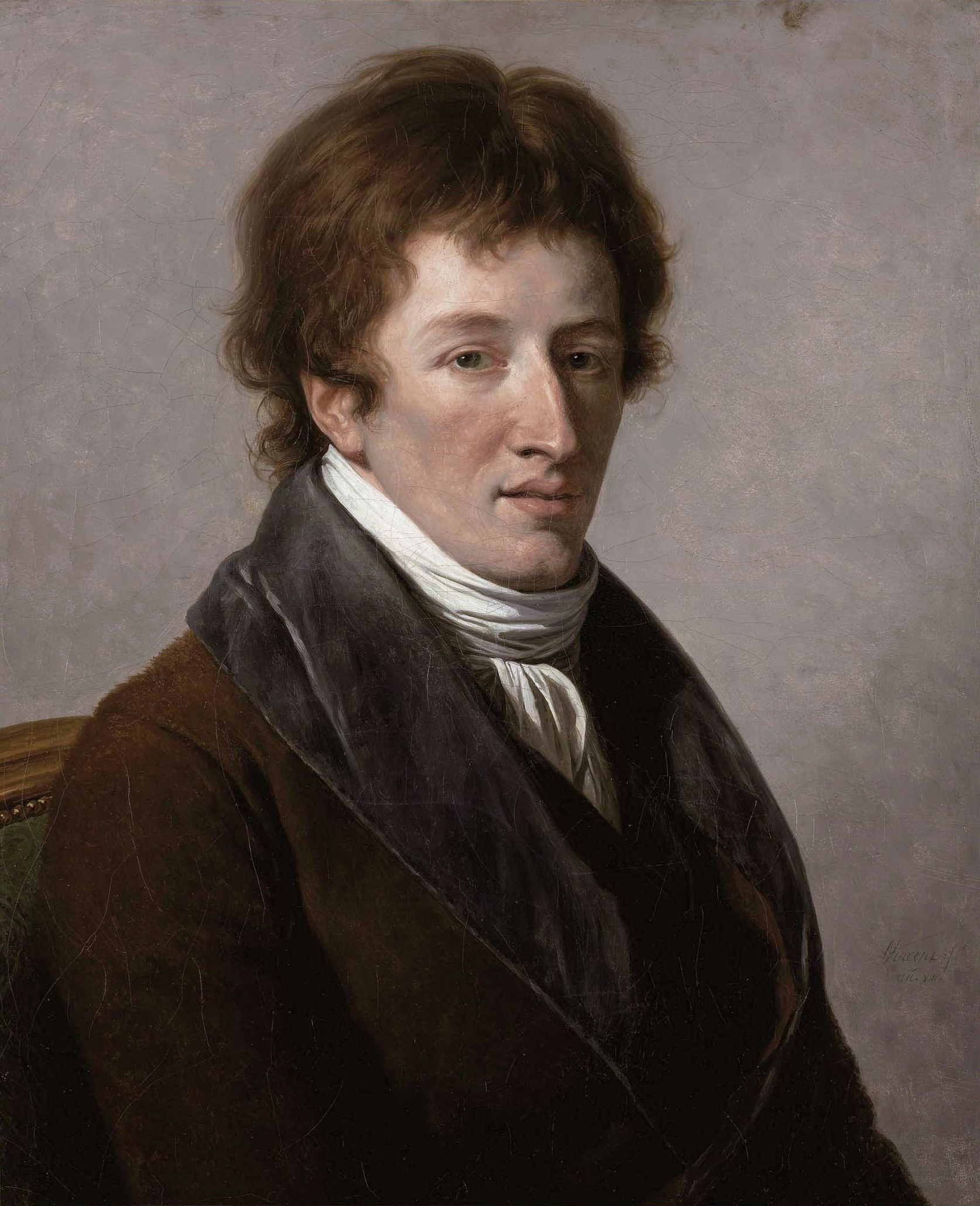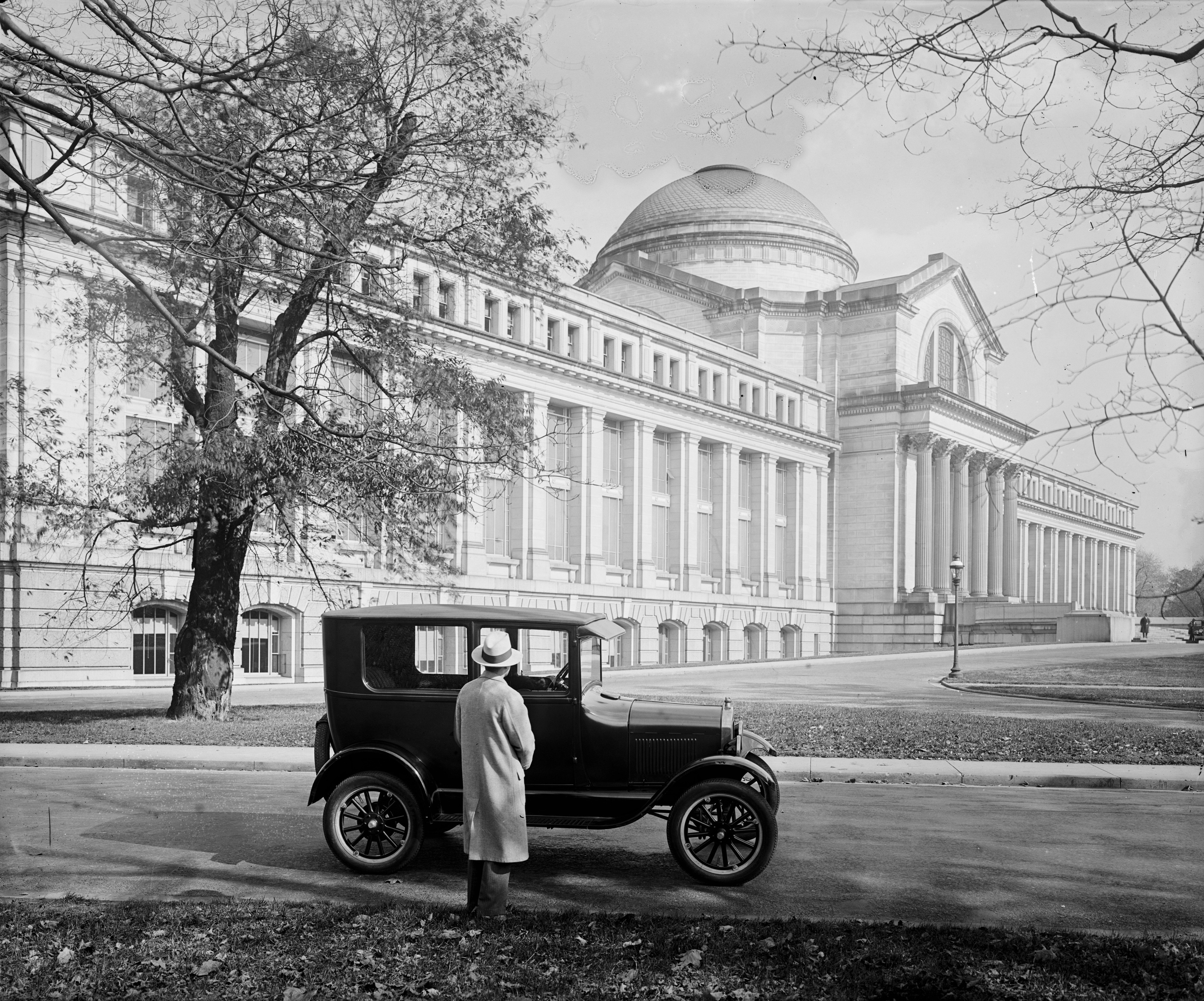|
Cuvier–Geoffroy Debate
The Cuvier–Geoffroy debate of 1830 was a scientific debate between the two French naturalists Georges Cuvier and Étienne Geoffroy Saint-Hilaire.Racine, Valerie, "Essay: The Cuvier-Geoffroy Debate". Embryo Project Encyclopedia (2013-10-07). http://embryo.asu.edu/pages/essay-cuvier-geoffroy-debate http://embryo.asu.edu/handle/10776/6276 For around two months the debate occurred in front of the French Academy of Sciences. The debate centered primarily on animal structure; Cuvier asserted that animal structure was determined by an organism's functional needs while Geoffroy suggested an alternative theory that all animal structures were modified forms of one unified plan. In terms of scientific significance, the discussion between the two naturalists showed stark differences in scientific methods as well as general philosophy. Cuvier is generally considered the winner of the debate, as he always came better prepared to the debate with overwhelming amounts of evidence and more logical a ... [...More Info...] [...Related Items...] OR: [Wikipedia] [Google] [Baidu] |
Georges Cuvier
Jean Léopold Nicolas Frédéric, Baron Cuvier (; 23 August 1769 – 13 May 1832), known as Georges Cuvier, was a French natural history, naturalist and zoology, zoologist, sometimes referred to as the "founding father of paleontology". Cuvier was a major figure in natural sciences research in the early 19th century and was instrumental in establishing the fields of comparative anatomy and paleontology through his work in comparing living animals with fossils. Cuvier's work is considered the foundation of vertebrate paleontology, and he expanded Linnaean taxonomy by grouping classes into phylum, phyla and incorporating both fossils and living species into the classification. Cuvier is also known for establishing extinction as a fact—at the time, extinction was considered by many of Cuvier's contemporaries to be merely controversial speculation. In his ''Essay on the Theory of the Earth'' (1813) Cuvier proposed that now-extinct species had been wiped out by periodic catastrophi ... [...More Info...] [...Related Items...] OR: [Wikipedia] [Google] [Baidu] |
Étienne Geoffroy Saint-Hilaire
Étienne Geoffroy Saint-Hilaire (15 April 177219 June 1844) was a French naturalist who established the principle of "unity of composition". He was a colleague of Jean-Baptiste Lamarck and expanded and defended Lamarck's evolutionary theories. Geoffroy's scientific views had a transcendental flavor (unlike Lamarck's materialistic views) and were similar to those of German morphologists like Lorenz Oken. He believed in the underlying unity of organismal design, and the possibility of the transmutation of species in time, amassing evidence for his claims through research in comparative anatomy, paleontology, and embryology. He is considered as a predecessor of the evo-devo evolutionary concept. Life and early career Geoffroy was born at Étampes (in present-day Essonne), and studied at the Collège de Navarre, in Paris, where he studied natural philosophy under M. J. Brisson. He then attended the lectures of Daubenton at the College de France and Fourcroy at the Jardin des Pl ... [...More Info...] [...Related Items...] OR: [Wikipedia] [Google] [Baidu] |
Evolution
Evolution is change in the heritable characteristics of biological populations over successive generations. These characteristics are the expressions of genes, which are passed on from parent to offspring during reproduction. Variation tends to exist within any given population as a result of genetic mutation and recombination. Evolution occurs when evolutionary processes such as natural selection (including sexual selection) and genetic drift act on this variation, resulting in certain characteristics becoming more common or more rare within a population. The evolutionary pressures that determine whether a characteristic is common or rare within a population constantly change, resulting in a change in heritable characteristics arising over successive generations. It is this process of evolution that has given rise to biodiversity at every level of biological organisation, including the levels of species, individual organisms, and molecules. The theory of evolution by ... [...More Info...] [...Related Items...] OR: [Wikipedia] [Google] [Baidu] |
National Museum Of Natural History (France)
The National Museum of Natural History is a natural history museum administered by the Smithsonian Institution, located on the National Mall in Washington, D.C., United States. It has free admission and is open 364 days a year. In 2021, with 7.1 million visitors, it was the list of most visited museums, eighteenth most visited museum in the world and the second most visited natural history museum in the world after the Natural History Museum, London, Natural History Museum in London."The World's most popular museums", CNN.com, 22 June 2017. Opened in 1910, the museum on the National Mall was one of the first Smithsonian buildings constructed exclusively to hold the national collections and research facilities. The main building has an overall area of with of exhibition and public space and houses over 1,000 employees. The museum's collections contain over 145 million specimens of plants, animals, fossils, minerals, rock (geology), rocks, meteorites, human remains, and human c ... [...More Info...] [...Related Items...] OR: [Wikipedia] [Google] [Baidu] |
Napoleon
Napoleon Bonaparte ; it, Napoleone Bonaparte, ; co, Napulione Buonaparte. (born Napoleone Buonaparte; 15 August 1769 – 5 May 1821), later known by his regnal name Napoleon I, was a French military commander and political leader who rose to prominence during the French Revolution and led successful campaigns during the Revolutionary Wars. He was the ''de facto'' leader of the French Republic as First Consul from 1799 to 1804, then Emperor of the French from 1804 until 1814 and again in 1815. Napoleon's political and cultural legacy endures to this day, as a highly celebrated and controversial leader. He initiated many liberal reforms that have persisted in society, and is considered one of the greatest military commanders in history. His wars and campaigns are studied by militaries all over the world. Between three and six million civilians and soldiers perished in what became known as the Napoleonic Wars. Napoleon was born on the island of Corsica, not long af ... [...More Info...] [...Related Items...] OR: [Wikipedia] [Google] [Baidu] |
French Academy Of Sciences
The French Academy of Sciences (French: ''Académie des sciences'') is a learned society, founded in 1666 by Louis XIV of France, Louis XIV at the suggestion of Jean-Baptiste Colbert, to encourage and protect the spirit of French Scientific method, scientific research. It was at the forefront of scientific developments in Europe in the 17th and 18th centuries, and is one of the earliest Academy of Sciences, Academies of Sciences. Currently headed by Patrick Flandrin (President of the Academy), it is one of the five Academies of the Institut de France. History The Academy of Sciences traces its origin to Colbert's plan to create a general academy. He chose a small group of scholars who met on 22 December 1666 in the King's library, near the present-day Bibliothèque nationale de France, Bibliothèque Nationals, and thereafter held twice-weekly working meetings there in the two rooms assigned to the group. The first 30 years of the Academy's existence were relatively informal ... [...More Info...] [...Related Items...] OR: [Wikipedia] [Google] [Baidu] |
French Revolution
The French Revolution ( ) was a period of radical political and societal change in France that began with the Estates General of 1789 and ended with the formation of the French Consulate in November 1799. Many of its ideas are considered fundamental principles of liberal democracy, while phrases like ''liberté, égalité, fraternité'' reappeared in other revolts, such as the 1917 Russian Revolution, and inspired campaigns for the abolition of slavery and universal suffrage. The values and institutions it created dominate French politics to this day. Its causes are generally agreed to be a combination of social, political and economic factors, which the ''Ancien Régime'' proved unable to manage. In May 1789, widespread social distress led to the convocation of the Estates General, which was converted into a National Assembly in June. Continuing unrest culminated in the Storming of the Bastille on 14 July, which led to a series of radical measures by the Assembly, i ... [...More Info...] [...Related Items...] OR: [Wikipedia] [Google] [Baidu] |
Jean-Baptiste Lamarck
Jean-Baptiste Pierre Antoine de Monet, chevalier de Lamarck (1 August 1744 – 18 December 1829), often known simply as Lamarck (; ), was a French naturalist, biologist, academic, and soldier. He was an early proponent of the idea that biological evolution occurred and proceeded in accordance with Naturalism (philosophy), natural laws. Lamarck fought in the Seven Years' War against Prussia, and was awarded a commission for bravery on the battlefield. Posted to Monaco, Lamarck became interested in natural history and resolved to study medicine.#Packard, Packard (1901), p. 15. He retired from the army after being injured in 1766, and returned to his medical studies. Lamarck developed a particular interest in botany, and later, after he published the three-volume work ''Flore françoise'' (1778), he gained membership of the French Academy of Sciences in 1779. Lamarck became involved in the Jardin des Plantes and was appointed to the Chair of Botany in 1788. When the French Nationa ... [...More Info...] [...Related Items...] OR: [Wikipedia] [Google] [Baidu] |
Carl Linnaeus
Carl Linnaeus (; 23 May 1707 – 10 January 1778), also known after his ennoblement in 1761 as Carl von Linné Blunt (2004), p. 171. (), was a Swedish botanist, zoologist, taxonomist, and physician who formalised binomial nomenclature, the modern system of naming organisms. He is known as the "father of modern taxonomy". Many of his writings were in Latin; his name is rendered in Latin as and, after his 1761 ennoblement, as . Linnaeus was born in Råshult, the countryside of Småland, in southern Sweden. He received most of his higher education at Uppsala University and began giving lectures in botany there in 1730. He lived abroad between 1735 and 1738, where he studied and also published the first edition of his ' in the Netherlands. He then returned to Sweden where he became professor of medicine and botany at Uppsala. In the 1740s, he was sent on several journeys through Sweden to find and classify plants and animals. In the 1750s and 1760s, he continued to collect an ... [...More Info...] [...Related Items...] OR: [Wikipedia] [Google] [Baidu] |







